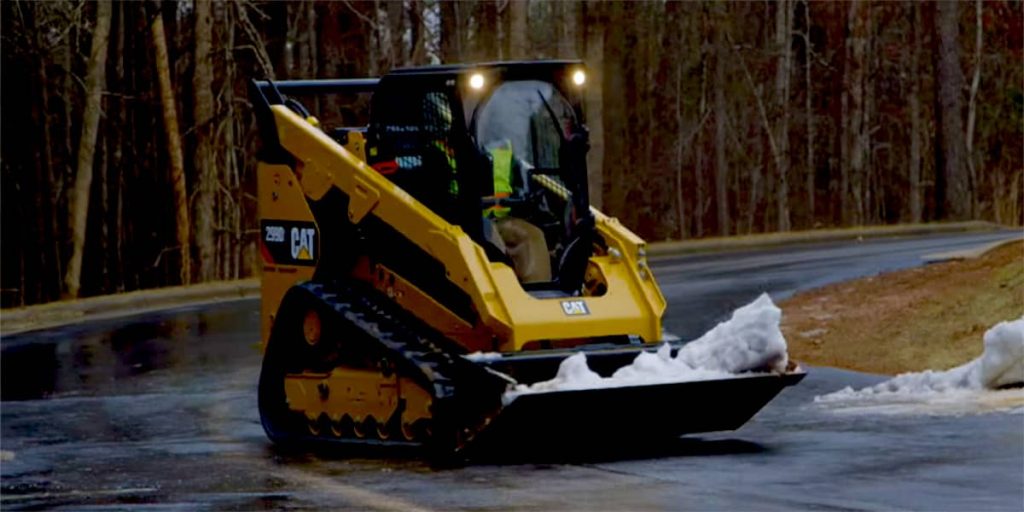For most contractors, the skid-steer loaders are a must-have, and they know what is a skid steer. It’s a snap. It’s like a chameleon. There are, of course, some drawbacks to the skid-steer. This is where the compact track loader comes in handy. The track loader is essentially an upgraded version of a skid steer, but it has a few advantages over the skid steer in addition to the basic functions.
The skid steer may no longer be needed if this is the case. Not at all. When it comes to choosing between a skid steer or a track loader, the debate begins.
Characteristics to know more about what is a skid steer
As a starting point, one can look at the advantages of each machine based on its features and traits.
It’s easier to move a skid steer than a track loader because they’re lighter. A strong reputation in the construction industry is also due to the top manufacturers who have built quality machines over the years.
In terms of operator comfort, track loaders have an advantage over skid steers when you know what is a skid steer. The ride is more forgiving with track loaders than with skid steers because of the smoother ride. Tracks also cause less damage to the ground than a skid steer, which reduces its time to clean up a job site.
Both machines have a reputation for being nimble and agile. Their ability to operate in tight or awkward spaces is facilitated by their ability to turn on a dime.
Purchase Prices
The skid steer is more cost-effective in the short term when compared to the excavator. There is a significant difference in cost between a track loader and a comparable-sized skid steer. The track loader’s most heavily used component is the tracks are significantly more expensive than skid steer tires.
When comparing long-term costs, tracks outlast skid steer tires by hundreds of hours in similar operating conditions. Compared to conventional tires, a mid-quality track typically lasts three to four times longer. The track loader can save you money in the long run if used and cared for properly.
Preventative maintenance on skid steers and track loaders takes about the same amount of time. It’s only a matter of checking the tire pressure on skid steers and track tension and adjustment on track loaders that you can tell them apart from each other.
Another consideration is the cost of downtime. Sloppy soil conditions could make it impossible for a skid steer to work. On the other hand, a track loader is built to operate in all kinds of terrain, so productivity won’t be hindered even if the weather turns bad.
When you know what is a Skid steer and track loaders, you will get to know their advantages and disadvantages, and finally, the choice comes down to the specific needs of each company, its projects, and its primary focus.
Skid steers are a good option for companies that do a lot of work on asphalt or concrete because they are less expensive upfront and provide better results. On the other hand, a contractor who works primarily in rainy or snowy conditions or on uneven or sandy terrain may find that the track loader is worth the initial investment and will pay off in the long run.

